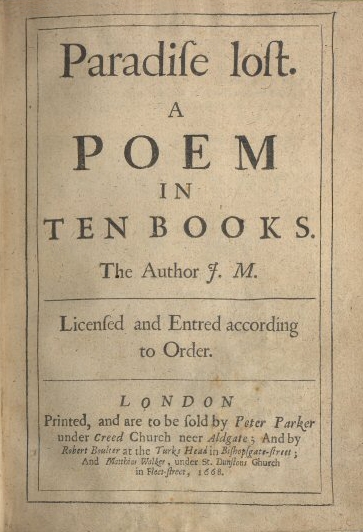Here’s my personal algorithm for dealing with social issues and political ideologies as a Christian. My hope is that this keeps people from whining and resorting to yelling and general sissiness in disagreements, even contentious ones.
- Always deal with people in terms of Jesus’ command to love neighbor and enemy, Christian and non-Christian. With this, practice what Paul and Peter both say about being civil toward outsiders, respectful toward political authority, and keeping with amoral social norms to avoid bringing contempt upon the Christian community. For the Christian, evangelism and discipleship come first. So disagreements with outsiders about government/politics and so-on should, as a rule (with exceptions) be handled with civility. The same goes for disagreements in the church, if both parties come to the discussion with the concept of mutual discipleship in mind, then disagreements over social matters are easier to deal with without losing one’s cool.
- Study what Scripture and general wisdom say about the issue at hand. This matters because you’ve got to recognize the difference between asking a non-Christian to agree with divine revelation and sound reasoning. Similarly, you need to know the difference between your gut reactions and divine revelation. weigh the issue on three levels:
- What do philosophy and common sense have to say about this?
- What does recent research say about the issue?
- What does Scripture teach about the issue?
- Based on your own political preferences (I’m emotionally anarchical, but on the rational level I understand the need for government and appreciate what it does), opinions, options, theories about what is good for society, and government structures determine if it is wise to take part in publicly opposing this or that action or policy or whether or not it is wise to carry on with being and making disciples. Important questions to ask here:
- Is this action/movement/practice wise for me?
- Is this action/movement/practice good for society?
- Is this action/movement/practice in need of refutation or of regulation?
- How show the church respond to this disagreement in its polity?
